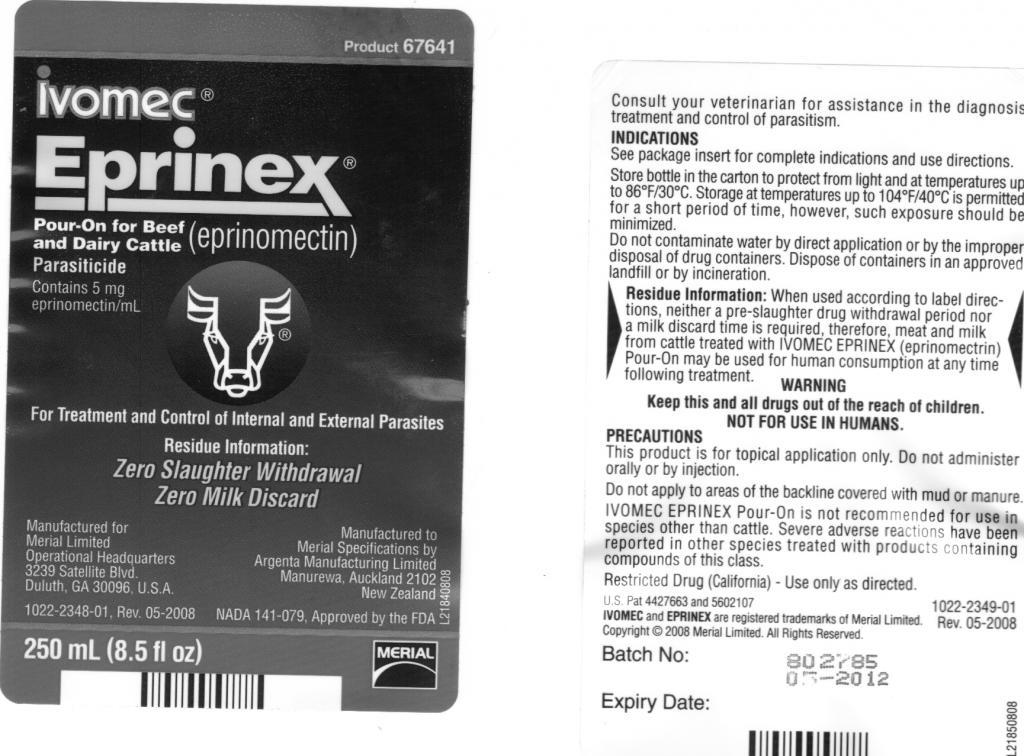There are so many possible answers to your questions
What works for one person doesn't necessarily work for another depending on flock size, parasite exposure, and general chicken raising philosophy. Personally, I'm with Elmo on not worming unless I see a positive fecal and (for certain parasites) symptoms. I have a small flock (7) and I will always check a fecal before I deworm them. Because I have a small flock, I prefer to give individual doses in a syringe because then I
know that they got the medication and I also know that they are getting the correct amount of medication. Being able to be sure of the dose means I can use less medication than if I just added it to the food or water because each chicken will get exactly the amount they need regardless of where in the pecking order they are or how much they eat/drink during the treatment period. People with larger flocks generally prefer to add medication to the water, food, or special treats (a lot of people will soak a piece of bread or some similar treat in the medication and give each bird one medicated treat) because they are not able to medicate each chicken individually with a syringe of medicine in a timely manner.
I know my chickens have coccidia because I have seen in on a fecal float. However, coccidia is a protazoan parasite that is persistent in the environment and very difficult to eradicate from the environment, so it's unlikely worming them for it will have any long term effect because my yard is already infected. It also happens to be species-specific, so while it has the potential to cause disease in chickens (and probably other birds) it will not make my dogs or my child ill. Because it poses no risk to my other pets/family, is very hard to kill in the environment, and my birds are showing absolutely no symptoms from it, I choose to ignore it rather than try to treat it with medication. On the other hand, when I got new chickens this fall and checked a fecal right after I got them I discovered that they had whipworms and roundworms. Both of these can cause illness in my flock and the whipworms can cause disease in my dogs and can be challenging to treat in the environment when you can't run around behind them picking up the poop immediately. Because these parasites posed a potential health threat to my chickens and other pets, and because the new chickens were isolated in an area that could be easily and thoroughly cleaned during treatment that my other animals did not have access to, I treated them.





